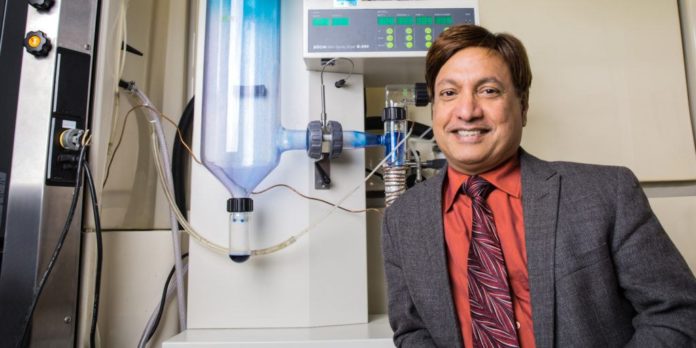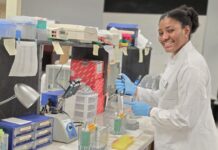Mercer University College of Pharmacy researcher Martin D’Souza, Ph.D., says there is good news and bad news when it comes to developing a vaccine for COVID-19.
The good news: “It is extremely easy to develop vaccines, and even more so for viruses,” said Dr. D’Souza, who has served since 1986 on the faculty at Mercer, where he focuses on the design and delivery of nanovaccines for infectious diseases and cancer.
The bad news: “We, as humans, have never seen this virus before so we have no innate immunity towards it,” he added.
Perhaps, if circumstances had been different during the outbreak of the SARS-CoV-1 virus in 2002-2003, Dr. D’Souza said, we may already be very close to a vaccine for the new coronavirus, SARS-CoV-2.
However, SARS-CoV-1, which originated in China and caused a reported 774 deaths in 8,098 cases worldwide, disappeared almost as quickly as it appeared, and interest in developing a vaccine quickly waned.
“Had we developed a vaccine then, we would have been much ahead of the game now,” Dr. D’Souza said.
Continue reading about how a vaccine is developed at news.mercer.edu.










